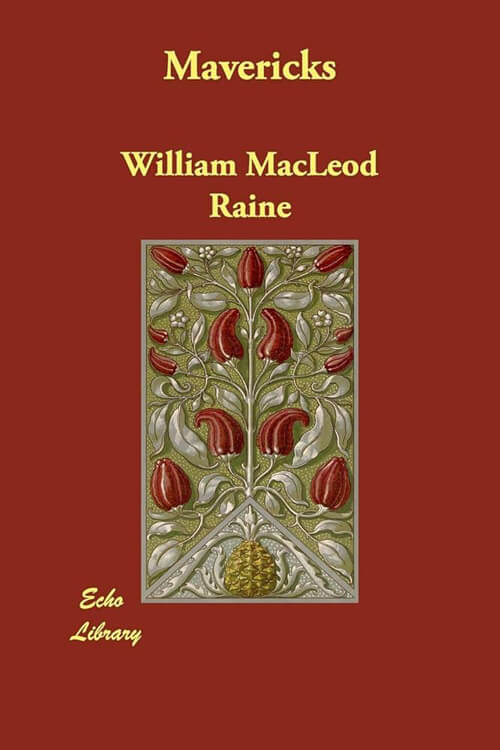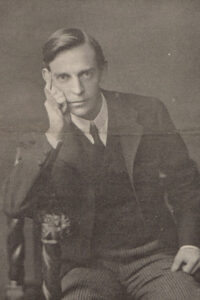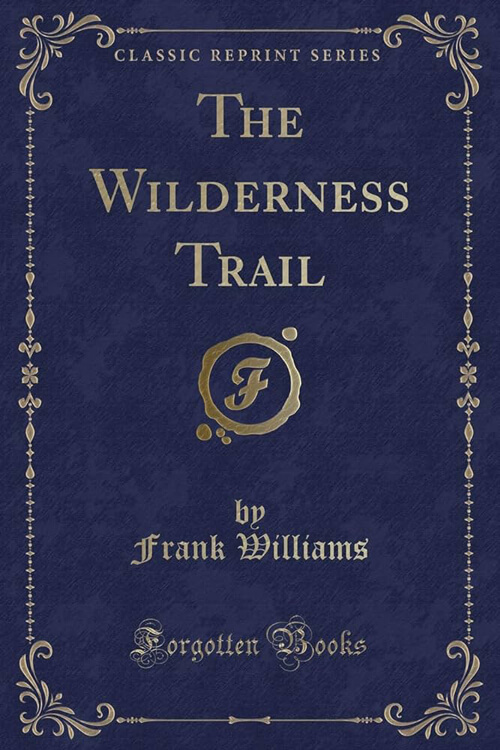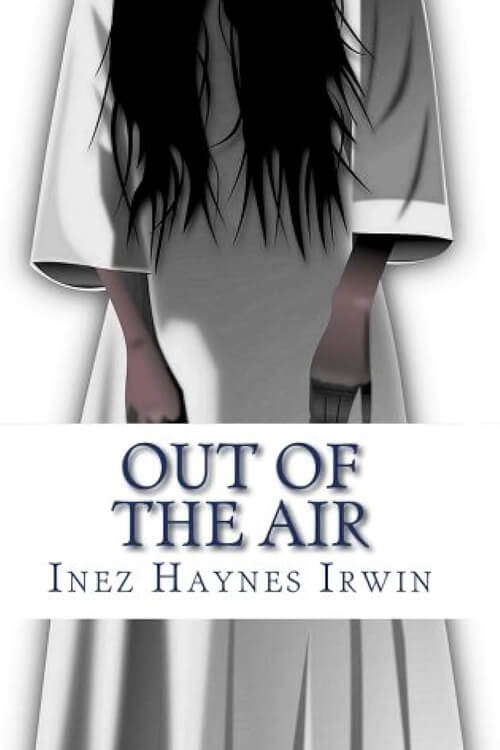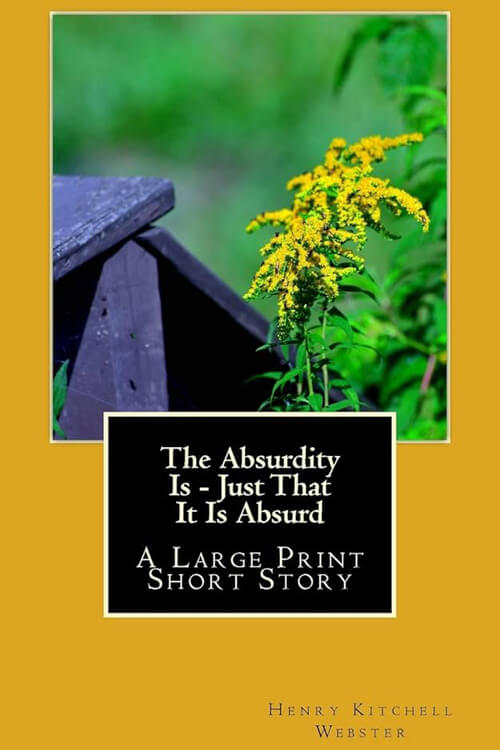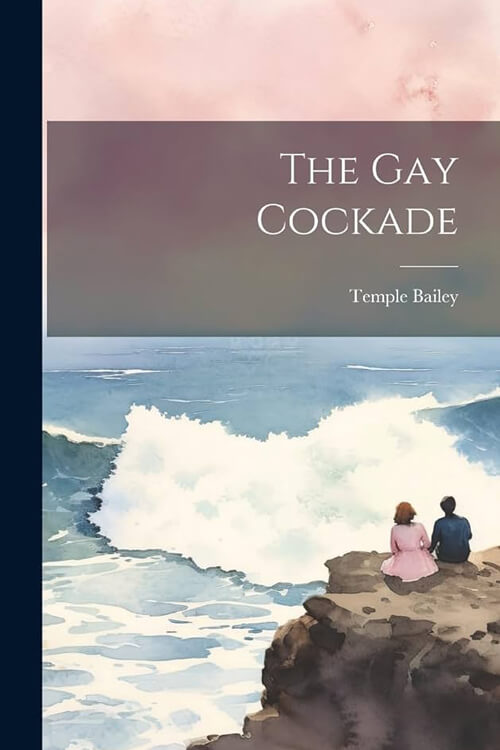
Mavericks
Phyllis leaned against the door-jamb and looked down the long road which wound up from the valley and lost itself now and again in the land waves. Miles away she could see a little cloud of dust traveling behind the microscopic stage, which moved toward her almost as imperceptibly as the minute hand of a clock. A bronco was descending the hill trail from the Flagstaff mine, and its rider announced his coming with song in a voice young and glad.
“My love has breath o’ roses,
O’ roses, o’ roses,
And cheeks like summer posies
All fresh with morning dew,”
floated the words to her across the sunlit open.
If the girl heard, she heeded not. One might have guessed her a sullen, silent lass, and would have done her less than justice. For the storm in her eyes and the curl of her lip were born of a mood and not of habit. They had to do with the gay vocalist who drew his horse up in front of her and relaxed into the easy droop of the experienced rider at rest.
“Don’t see me, do you?” he asked, smiling.
Her dark, level gaze came round and met his sunniness without response.
“Yes, I see you, Tom Dixon.”
Read or download Book
William MacLeod Raine
William MacLeod Raine (June 22, 1871 – July 25, 1954), was a British-born American novelist who wrote fictional adventure stories about the American Old West.
In 1959, he was inducted into the Hall of Great Westerners of the National Cowboy & Western Heritage Museum.
Life
William MacLeod Raine was born in London, the son of William and Jessie Raine. After his mother died, his family migrated from England to Arkansas when Raine was ten years old, eventually settling on a cattle ranch near the Texas-Arkansas border. In 1894, after graduating from Oberlin College, Raine left Arkansas and headed for the western U.S. He became the principal of a school in Seattle while contributing columns to a local newspaper. Later he moved to Denver, where he worked as a reporter and editorial writer for local periodicals, including the Republican, the Post, and the Rocky Mountain News.
At this time he began to publish short stories, eventually becoming a full-time freelance fiction writer, and finally finding his literary home in the novel. His earliest novels were romantic histories taking place in the English countryside. However, after spending some time with the Arizona Rangers, Raine shifted his literary focus and began to utilize the American West as a setting. The publication of Wyoming in 1908 marks the beginning of his prolific career, during which time he averaged nearly two Western novels a year until he died in 1954. In 1920 he was awarded an M.L. degree from the University of Colorado, where he had established that school’s first journalism course.
During the First World War, 500,000 copies of one of his books were sent to British soldiers in the trenches. Twenty of his novels have been filmed. Though he was prolific, he was a slow, careful, conscientious worker, intent on accurate detail, and considered himself a craftsman rather than an artist.
In 1905 Raine married Jennie P. Langley, who died in 1922. In 1924 he married Florence A. Hollingsworth; they had a daughter. Though he traveled a good deal, Denver was considered his home.
In 1928, he ghostwrote with Billy Breakenridge, the book Helldorado: Bringing Law to the Mesquite. Breckenridge had been a deputy sheriff under Johnny Behan in Tombstone, Arizona Territory during the period of the Gunfight at the O.K. Corral. Breckenridge had pressed Wyatt for details about his time in Tombstone to add to the book. It was published the year before Wyatt died. and it depicted Wyatt as a thief, pimp, crooked gambler, and murderer. The book stated that the Earps and Doc Holliday aggressively mistreated the guiltless cowboys until they were forced into a fatal confrontation. His description of the 1881 O.K. Corral gunfight stated that the Clanton and McLaury brothers were merely cowboys who had been unarmed and surrendered but the Earp brothers had shot them in cold blood. Wyatt and Josie protested that the book’s contents were biased and more fiction than fact. Earp complained about the book until his death in January 1929, and his wife continued in the same vein afterward.
Raine died on July 25, 1954, and is buried at Fairmount Cemetery in Denver. He was posthumously inducted into the Hall of Great Westerners of the National Cowboy and Western Heritage Museum in 1959.

